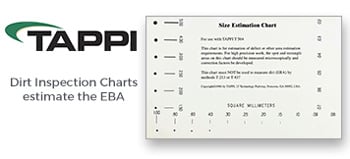Production and characterization of furanic bio-oil from Kawayan kiling (Bambusa vulgaris Schrad ex. Wendl) using molten citric acid in an open system, TAPPI Journal August 2024
Application: This study explores the production of furanic bio-oil using a relatively new process. It offers an alternative option that uses readily available chemicals and does not require very high energy. This can be replicated in the laboratory and scaled-up. Other biomass can be explored. The product can be used as an alternative or as an additive to fossil fuels once a complete characterization has been done.
TAPPI
conference proceedings and presentations, technical papers, and publication articles provide technical and management data and solutions on topics covering the Pulp, Paper, Tissue, Corrugated Packaging, Flexible Packaging, Nanotechnology and Converting Industries.
Simply select the quantity, add to your cart and your conference paper, presentation or article will be available for immediate download.





